SEATTLE — On the surface, the internet of 2015 wasn't particularly pretty. It was the era of glitchy flash players, unpolished indie games on GameJolt, and forums dominated by rumors rather than facts. Yet, for a growing number of teenagers and young adults today, that era represents something they desperately crave: a lost "Golden Age."
Psychologists are calling it "Digital Regression"—a phenomenon where users, overwhelmed by the hyper-polished, corporate, and algorithm-driven internet of 2025, retreat into the archives of the past.
The Appeal of "Dead" Games
The epicenter of this nostalgia is often the indie horror boom of the mid-2010s. Games like the early Five Nights at Freddy’s entries and their thousands of fan-made spinoffs (Fan-games) offer a raw, liminal atmosphere that modern Triple-A titles struggle to replicate.
"There is a texture to those old games," explains Dr. Elena Vance, a sociologist specializing in online communities. "They feel handmade. They feel secret. When a teenager today plays a lost fan-game from 2015, they aren't just playing a game; they are entering a digital ghost town. It’s quiet, it’s static, and most importantly, it is safe from the noise of the modern world."
Titles like the now-defunct Five Nights at Fredbear's Family Diner (FNaFFD) have become holy grails in these communities. Because they are "abandonware"—software no longer supported or easily found—finding them feels like uncovering a buried treasure.
When Nostalgia Becomes Rejection
However, experts warn that this intense nostalgia can sometimes morph into a rejection of reality.
"We are seeing a rise in cases where young people don't just appreciate the past; they want to live in it," Dr. Vance warns. "They view the present day as 'corrupt' or 'too loud.' They begin to idealize 2015 not just as a year, but as a place they can physically return to if they just find the right door."
This sentiment is echoed in Discord servers and forums, where users trade "lost media" files like contraband. The rhetoric is often heavy with melancholy: Take me back. I don't want to be here anymore. The internet used to be real.
The Glitch in the Soul
The allure is understandable. In 2015, the internet still felt like a frontier. Today, it feels like a shopping mall. But this digital escapism carries a risk. When the screen becomes more comforting than the world outside, the line between the user and the "used to be" begins to blur.
As we continue to archive our history, we must ask ourselves: Are we preserving these games to remember them, or are we building digital bunkers to hide in?
For those obsessed with the static-filled screens of the past, the answer is irrelevant. They just want to hear the old lobby music one last time.
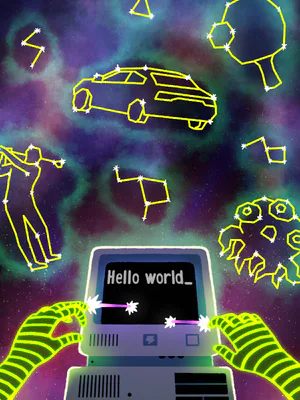
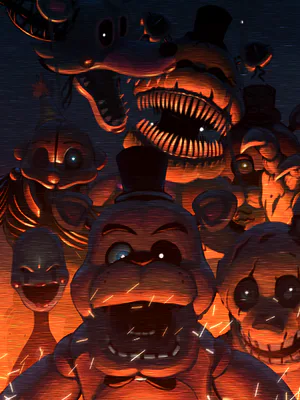

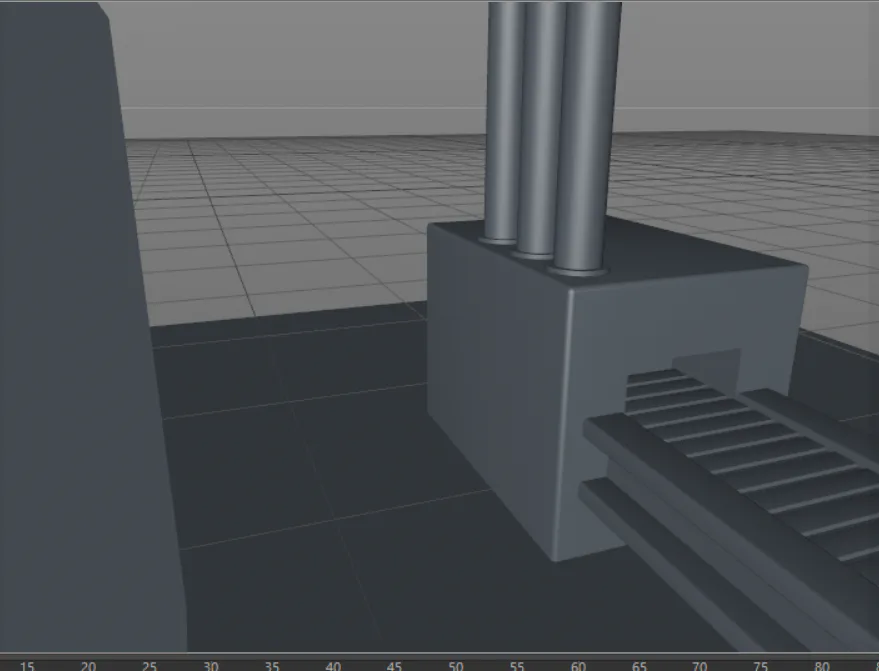





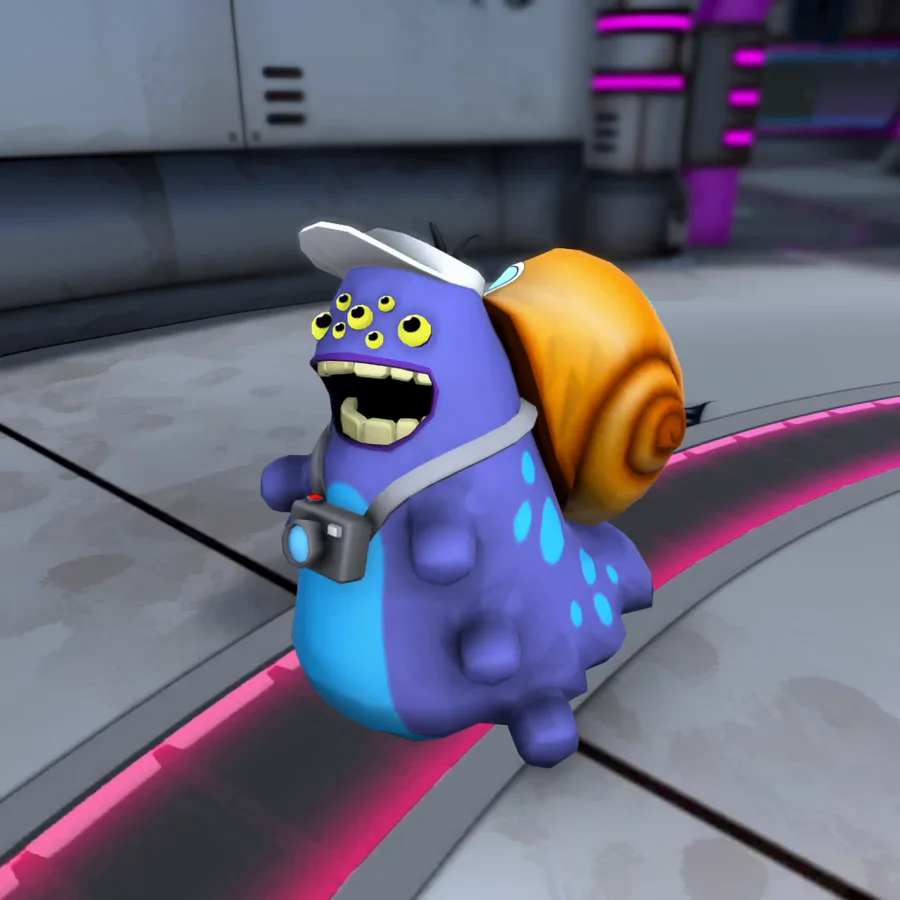
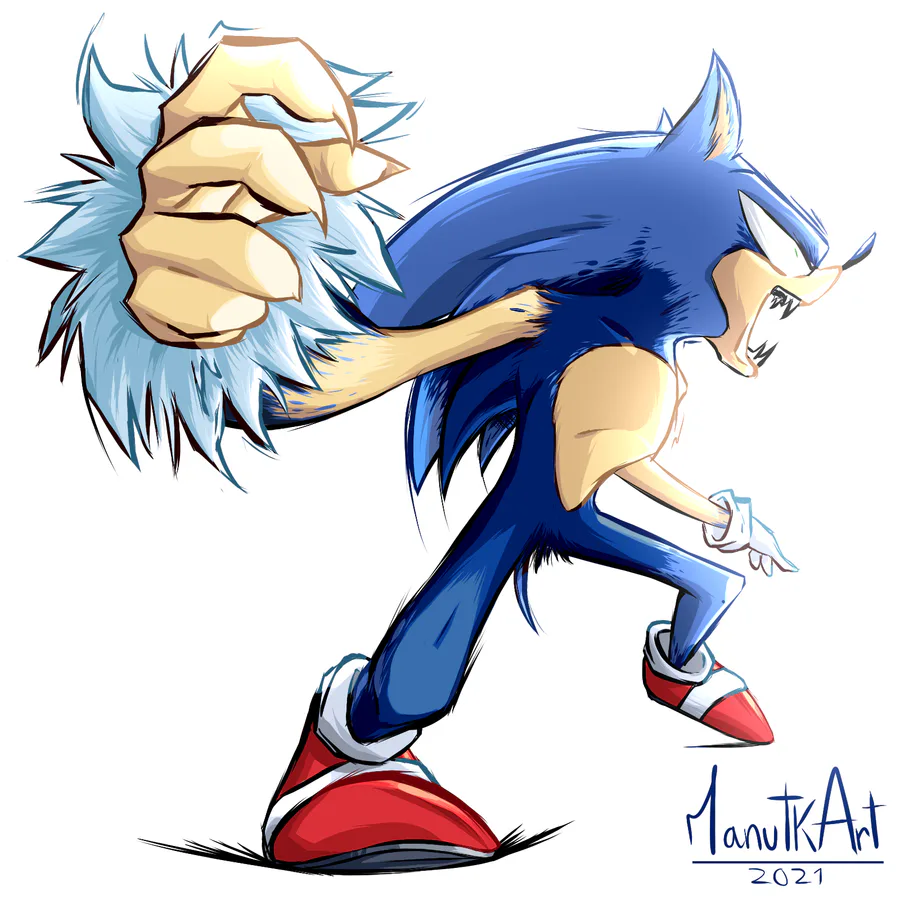
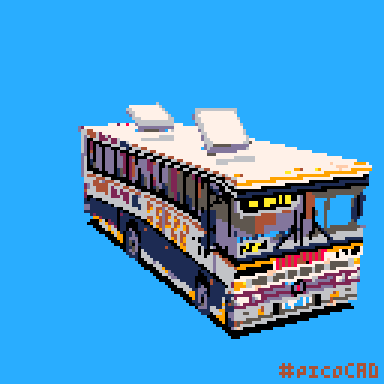
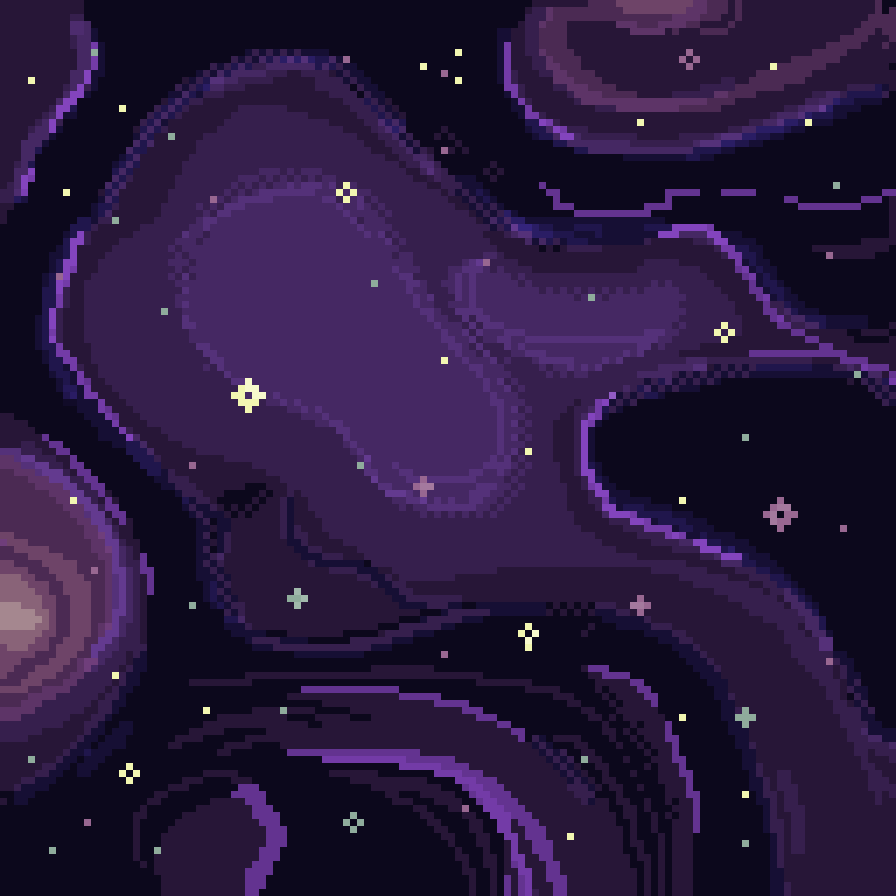
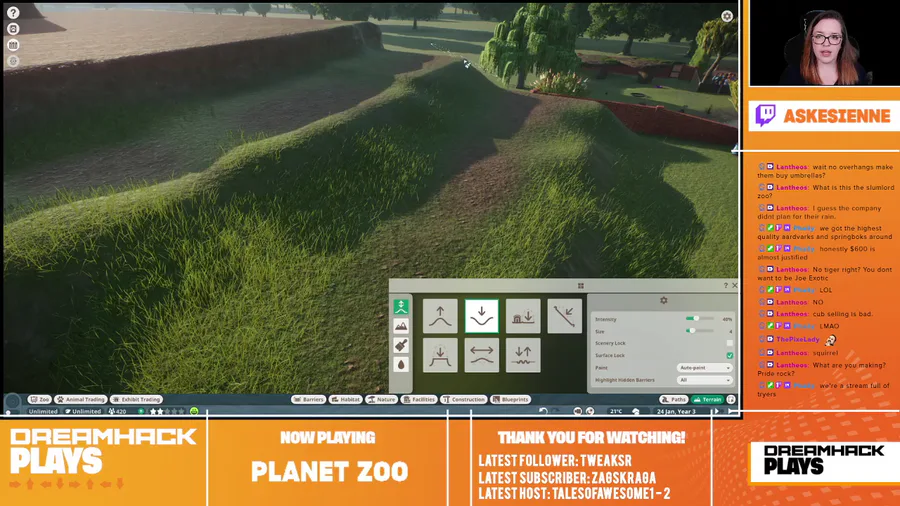
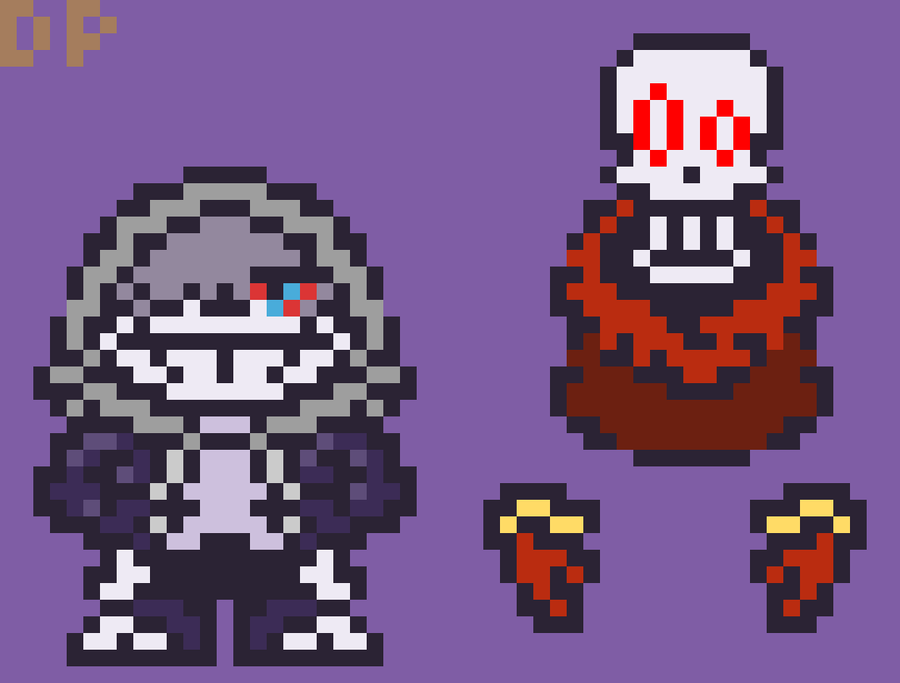
1 comment